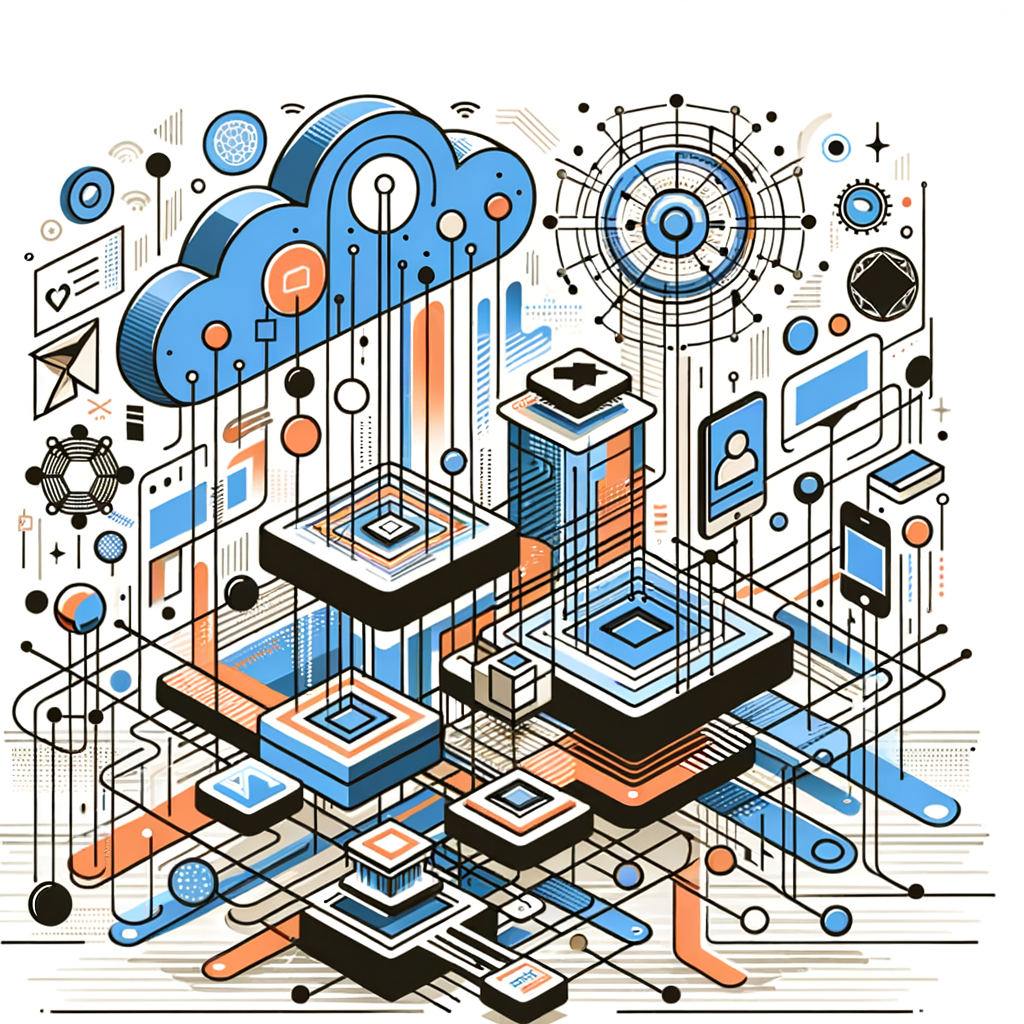Understanding Digital Platforms and Their Core Role in the Internet Economy
Digital platforms are technology-based systems that facilitate interactions between different user groups—such as consumers and providers—within a connected environment. They work by creating a virtual "marketplace" where participants can easily find, compare, and exchange goods, services, or information. For example, platforms like Amazon simplify shopping by bringing millions of sellers and buyers together, while social networks like Facebook connect people and businesses in entirely new ways. According to Statista, global platform-based companies make up seven of the world’s ten largest companies by market capitalization, demonstrating just how significant their influence has become. This network effect—where each new user increases the value for others—drives rapid growth and transforms entire sectors, from transportation to finance.

Key Benefits of Digital Platforms in the Internet Economy
- Digital platforms promote global reach, allowing even small businesses to access millions of new customers online.
- They foster innovation by enabling seamless collaboration and data sharing between users, partners, and developers.
- Built-in scalability means digital platforms can handle rapid growth and adapt to changing market needs almost instantly.
How Digital Platforms Are Transforming Industries and Modern Business
Digital platforms are reshaping industries by introducing new business models and streamlining traditional operations. Companies use these platforms to reach wider audiences, create flexible services, and react swiftly to market changes. For example, ride-sharing apps like Uber have disrupted conventional taxi services by connecting drivers and passengers directly via an easy-to-use digital interface. Similarly, e-commerce platforms like Shopify empower even small businesses to build an online presence without the high costs once required for brick-and-mortar stores. Financial services are also evolving through fintech platforms that enable instant peer-to-peer transactions and digital banking worldwide. By leveraging the connectivity, efficiency, and real-time analytics that platforms provide, businesses across sectors are not only surviving but actively thriving in the digital age.
Frequently Asked Questions
What is a digital platform?
A digital platform is an online system that connects users for transactions, communication, or collaboration, driving efficiency and new opportunities in various industries.
How are digital platforms used in business?
Companies use digital platforms to reach customers, share resources, and
streamline their operations with real-time data and automation.